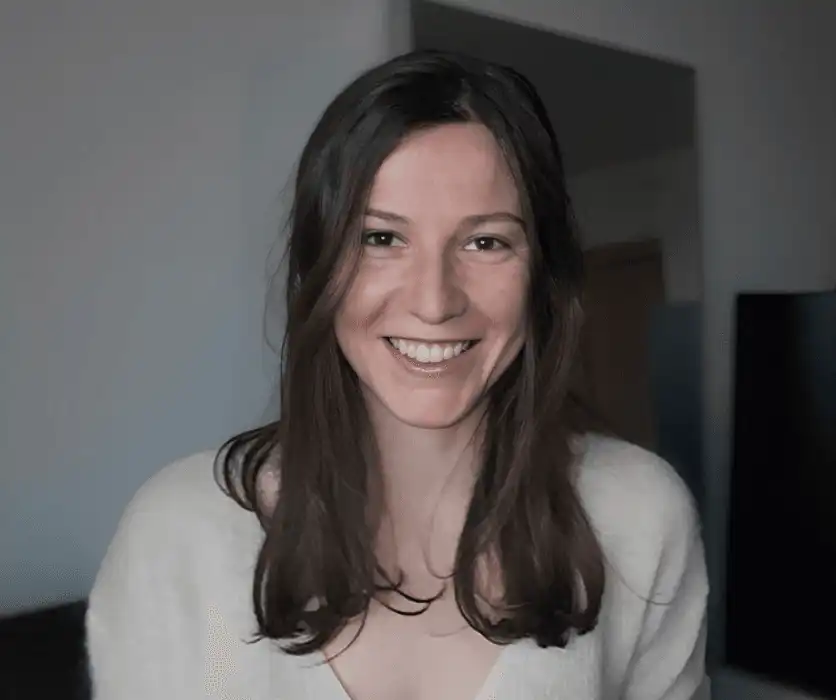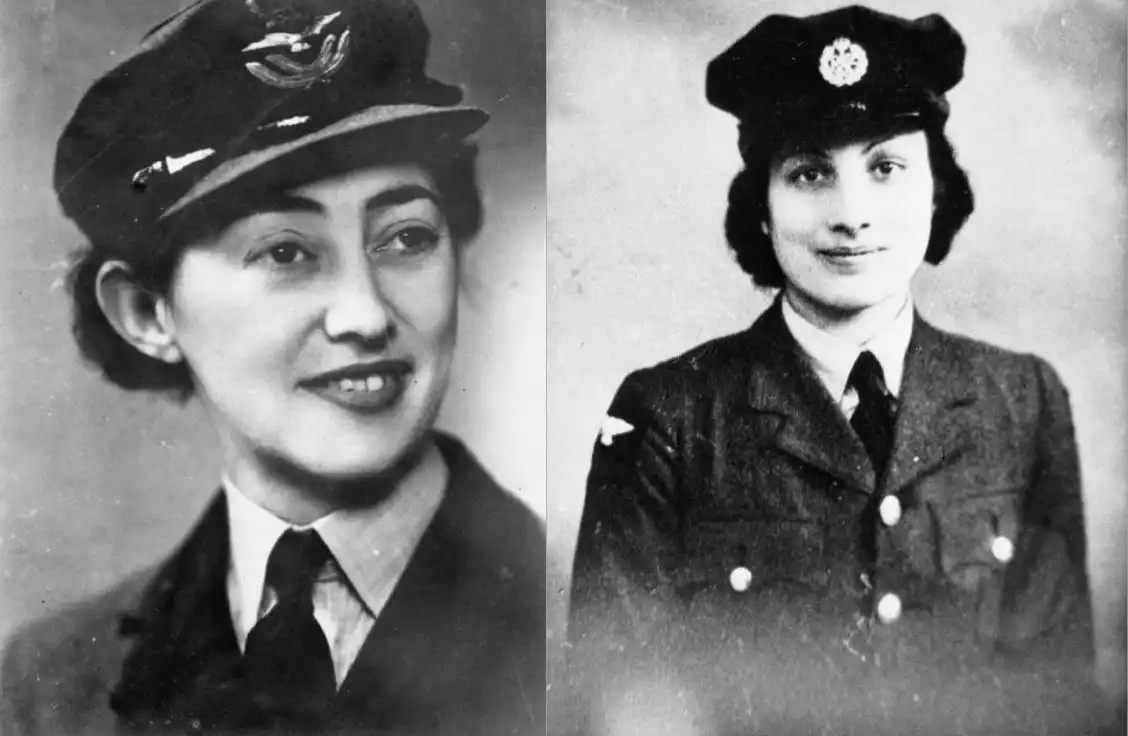Home>Women Spies in World War II: Uncovering History
13.04.2023
Women Spies in World War II: Uncovering History

Each year, the French Association for the Development of Women’s and Gender History awards the Mnemosyne Award to a master's thesis. Louise Francezon, a recent graduate in History from the Sciences Po School of Research, has just won the 2022 edition. She tells us more about her master’s thesis on the “virago”, analysed through the lens of the Second World War spy.
What led you towards research in history?
I always wanted to orient my career towards history, but without really considering research before my first years at university. It was during my undergraduate studies that I discovered the possibilities offered by this discipline and the intellectual stimulation research offers. Finding my way into research gave me the freedom to explore issues that interest me most, for example working on groups who were underrepresented in the historical narratives.
As for my attraction to history as a discipline, I have always been curious about societies of the past. They allow us to access a wide range of experiences and new ways of thinking, ones we often would not have imagined. It is very stimulating!
What was your Master's thesis about?
I worked on women intelligence officers during World War II, studying in particular the contingents of two units: one was French, the Bureau central de renseignements et d'action (BCRA) [in English: Central Bureau of Intelligence and Action], the other was English, the Special Operations Executive (SOE). I looked at the gender issues these women raised by interfering in a traditionally male-reserved environment. Also, I reflected on the contemporary gender discourses about these women newly introduced into the army.
At this point, I noticed the significance of the word “virago” – or “masculine woman” – in the debates of the era, this figure emerged as a major issue. Therefore, I tried to re-read the history of these intelligence agents in the light of their potential masculinisation. My thesis focuses on the gender transfers that took place during these women’s military training or during their immersion in the military, but also in the discourses that sought to represent them.
Why did you choose this particular topic?
I wanted to work on women serving in the army during wartime in order to better understand the gender issues at stake in the military. During my undergraduate studies I had discovered the career of Noor Inayat Khan, a British agent engaged in the English intelligence services. It piqued my curiosity! By digging a little bit deeper, I quickly identified more names and wanted to study these women beyond a military history perspective. This topic also allowed me to (re)visibilize the work of these women intelligence agents.

Could you tell us more about the Mnemosyne award?
The Mnemosyne Award is given each year by the French Association for the Development of Women’s and Gender History, which brings together researchers who do tremendous work to promote these fields of historical research. For example, the association has developed a very interesting podcast called Du genre dans l’histoire. It is also managing the Genre et Histoire research journal.
What’s next?
I am pursuing my research through a Ph.D. thesis. I started last September and still work on the relationship between women, gender and war, but this time through the history of women photographers in times of war.
LEARN MORE:
- The Master’s in History at the Sciences Po School of Research
- The Department of History at Sciences Po
- Sciences Po’s Gender Studies Programme - PRESAGE
- Mnemosyne Association for the Development of Women’s and Gender History (FR)
- Louise Francezon's Master's thesis (FR), carried out under the supervision of Elissa Mailänder, an Associate Professor at the Sciences Po Centre for History (CHSP)
- Louise Francezon's Ph.D. thesis project (FR), Women war photographers: female experiences and productions in times of conflict (1939-2014) , conducted under the direction of Fabrice Virgili within University of Paris 1 Panthéon-Sorbonne